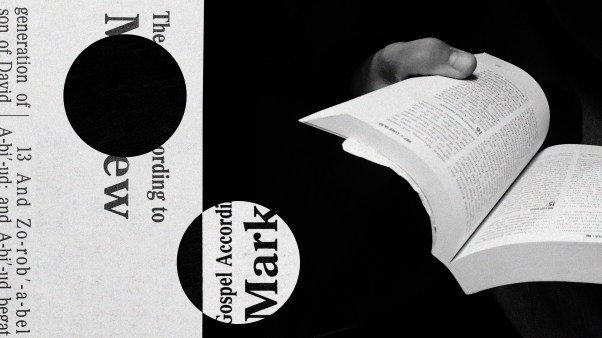Even though Martin Luther is my favorite Reformer, I take some pride in my connection to Ulrich Zwingli. Okay, it’s a dubious connection since I can’t trace my ancestors back to the 16th century. But on October 11, 1531, Adam Näf distinguished himself in battle, rallying the Protestant troops against the ultimately victorious Catholic forces. Zwingli, a great preacher but a lousy general, lost his life that day. However, for Näf’s bravery, Zurich granted him and his descendants permanent citizenship and hereditary honors.
Protestant kids are taught to admire Reformers the way Catholic children learn to love virgin martyrs and ascetic saints. Imagine my disappointment, then, when I learned about Calvin’s role in burning the heretic Servetus and numerous witches.
Reading Protestant history should make us take seriously the Reformation principle of “a reformed church, always being reformed.” The Reformers did a good job of calling the Catholic Church to its biblical and patristic roots, but they also knew that the task of reforming lives and institutions is never over. That job requires an honest appraisal of both past and present.
William Wilberforce is a reformer we want to learn from. We love his critique of mere religiosity. We praise his passion against all forms of cruelty, whether directed against African slaves, petty criminals, or animals used for sport. We admire his perseverance.
It is tricky to fit all the pieces together, though, when we learn that he supported workers’ rights and then voted for bills that prevented them from assembling to organize. And as Ted Olsen relates in this issue, we are now called to integrate Wilberforce’s fierce opposition to slavery with his refusal to support reforms of slavery that masqueraded as “apprenticeship” in the African colony he helped found.
Al Mohler is a contemporary reformer we want to understand. Beginning on page 18, Molly Worthen sketches a sensitive and complex portrait of a passionate Southern Baptist who has had tremendous impact trying to restore Southern Baptist institutions to his (well-informed) historical vision. Mohler is also reforming fundamentalism (apologies to George Marsden) as he models cultural engagement and helps his students escape obscurantism.
Note to subscribers: Like The New Yorker, Rolling Stone, and Popular Mechanics, Christianity Today has launched a digital replica edition as a bonus for print subscribers. Digital editions arrive sooner than the paper copy and are searchable. To receive a free digital edition, visit ChristianityToday.com/ct/CustomerCare and register your e-mail address as part of your subscriber information.
Next month: Leslie Leyland Fields explores ethical eating, Philip Yancey visits the Middle East, and Drew Dyck probes the reasons many young adults abandon the faith.
Copyright © 2010 Christianity Today. Click for reprint information.
Related Elsewhere:
See Molly Worthen’s cover story “The Reformer.”
Read more from Christianity Today‘s October issue.









